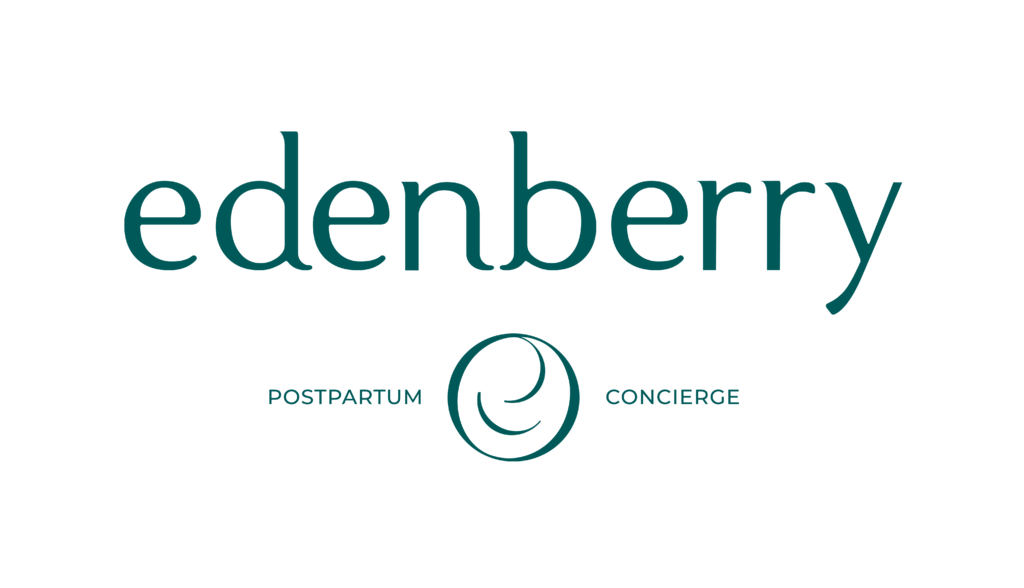Welcoming a baby into your life is an extraordinary journey filled with joy and responsibility. Ensuring your baby's healthy growth and development is paramount. This comprehensive guide will walk you through the crucial stages from pregnancy to toddlerhood, offering valuable insights and tips for fostering optimal growth and well-being.
Prenatal Care
Regular Check-ups: During pregnancy, consistent prenatal check-ups are vital to monitor both the mother's and baby's health. These visits include ultrasounds, blood tests, and physical examinations to detect any potential issues early on.
Balanced Nutrition: A balanced diet rich in essential nutrients like folic acid, iron, and calcium supports the baby's development. Consult your healthcare provider for dietary recommendations tailored to your specific needs.
Hydration: Staying well-hydrated is crucial to prevent dehydration and promote amniotic fluid production, which protects and nurtures the baby.

Fetal Development
Fetal Movement: Around the 20th week, you'll begin feeling your baby's movements. These gentle flutters and kicks are reassuring signs of your baby's growth and well-being.
Ultrasound Scans: Regular ultrasounds provide an opportunity to observe your baby's growth and detect any potential abnormalities. These scans offer valuable insights into the baby's development.
Newborn Care
Breastfeeding: Breast milk is a complete source of nutrition for newborns. It provides essential antibodies and nutrients that promote healthy growth and protect against infections.
Skin-to-Skin Contact: Holding your baby close and providing skin-to-skin contact enhances bonding, regulates their temperature, and contributes to emotional well-being.
Sleep: Newborns need ample sleep for healthy development. Establishing a consistent sleep routine helps ensure both you and your baby get the rest you need.
Infant Nutrition
Breastfeeding or Formula Feeding: Continue breastfeeding or choose a suitable formula if needed. Consult with your pediatrician to ensure your baby is getting the right nutrients.
Introduction of Solids: Around six months, start introducing solids like rice cereal, pureed fruits, and vegetables. Gradually diversify their diet while monitoring for any allergies.
Toddler Years
Age-Appropriate Foods: Transition to age-appropriate foods rich in nutrients. Offer a variety of fruits, vegetables, grains, and lean proteins to support their growth.
Physical Activity: Encourage active play to enhance motor skills and physical development. Toddler-friendly activities like crawling, walking, and climbing are essential.
Emotional Development: Foster emotional growth by providing love, support, and a secure environment. Encourage verbal communication and social interactions with peers.
Safety and Well-being
Childproofing: Ensure a safe environment by childproofing your home. Secure cabinets, cover electrical outlets, and install safety gates to prevent accidents.
Vaccinations: Keep your child's vaccinations up-to-date according to the recommended schedule to protect them from preventable diseases.
Regular Check-ups: Maintain regular pediatrician visits to monitor your child's growth and development. Address any concerns promptly.
Quality Time and Interaction
Bonding: Spend quality time with your child through play, reading, and cuddling. Building a strong bond positively influences their emotional and cognitive development.
Positive Reinforcement: Use positive reinforcement and praise to encourage good behavior and instill self-confidence.
For More Info :-
Health benefits of maternity leave
Guidance For Healthy Baby’s Growth
Breastfeeding Aids In Postpartum Weight Loss





Comments